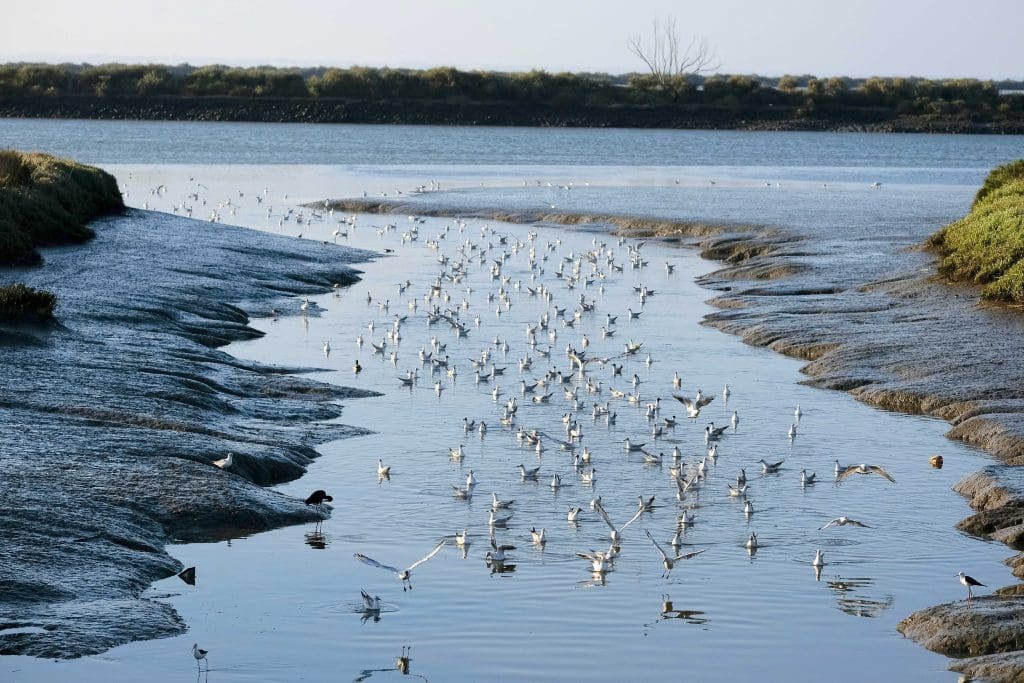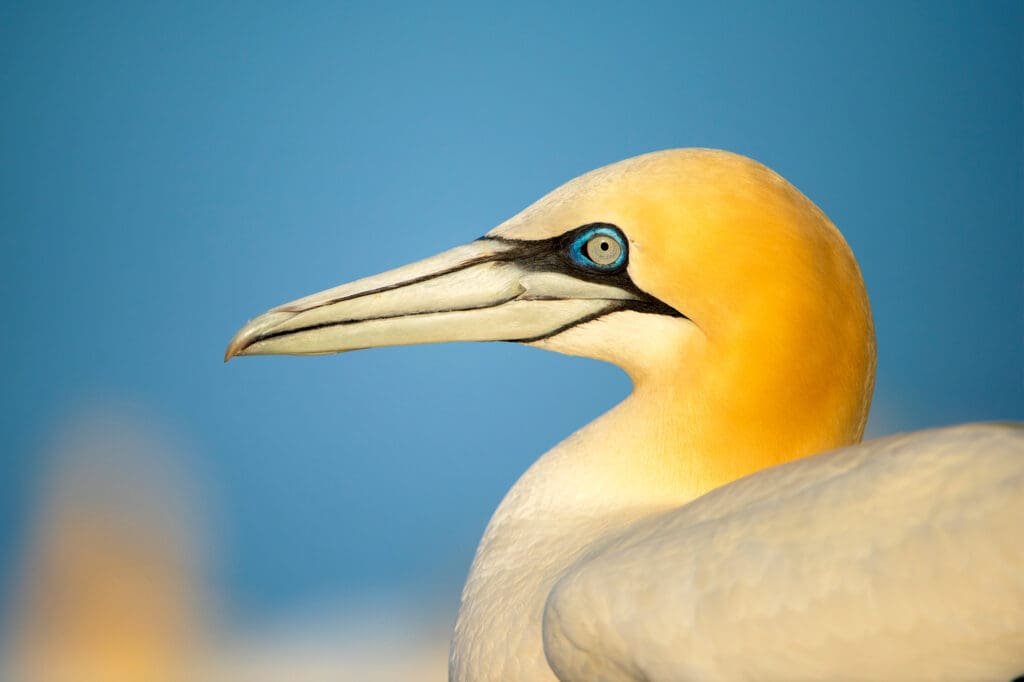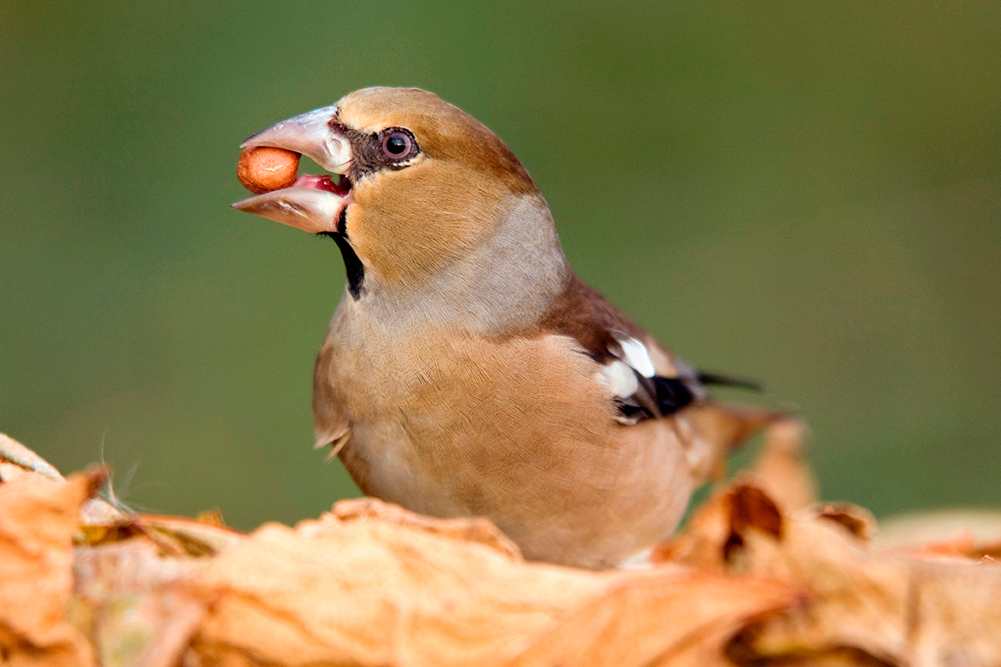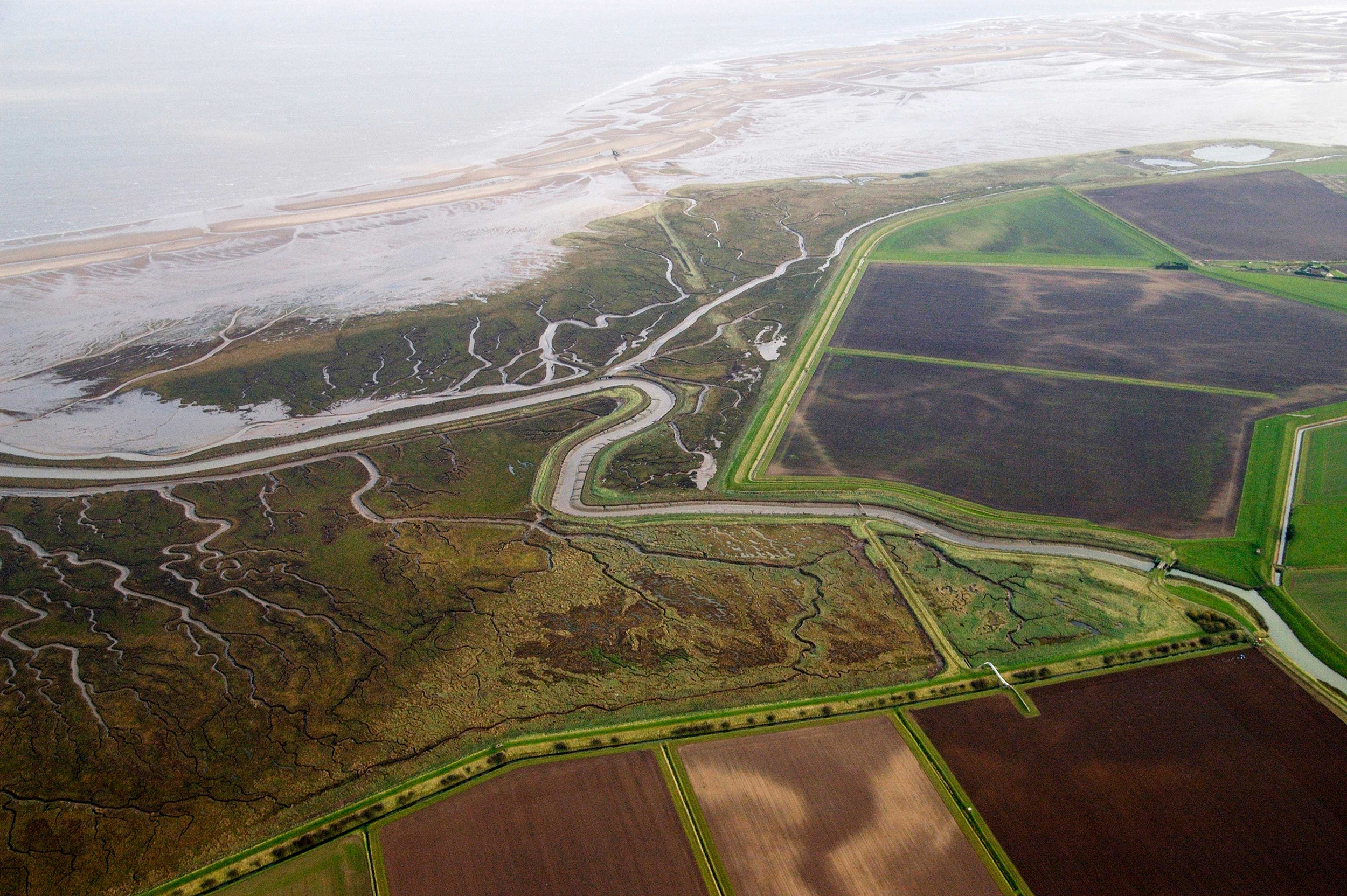The RSPB and BirdLife International recently announced an exciting new £3 million partnership with the Ecological Restoration Fund, supporting work along the African-Eurasian Flyway.
Stretching from the Arctic to southern Africa, this flyway is used by hundreds of millions of birds every year, many stopping off in the UK – including Barnacle Geese, Dunlin and Wigeon. But across the route, threats including habitat destruction and degradation, illegal hunting and climate change threaten sites crucial for migratory birds to breed, rest and refuel.
The Ecological Restoration Fund supports work that protects biodiverse hotspots, rejuvenates degraded landscapes and promotes local environmental activism. They are committed to re-establishing nature’s essential interconnections while fostering cultural, social and economic opportunities for communities inhabiting those landscapes.
This vital investment comes at a critical time and will ensure key sites are protected, well-managed and restored.
We will increase work in key countries along the flyway such as Iceland, Ghana and South Africa, as well as in important landscapes such as the East Coast Wetlands in England and the Gola Rainforest spanning Liberia and Sierra Leone. Building partner capacity will allow us to deliver more work on the ground and long-term plans to benefit nature, people and the climate.
We thank the Ecological Restoration Fund for this generous support towards securing a safer and more sustainable future for globally important hotspots and species.
You might also like

Protecting overseas wetlands

Avian flu update



